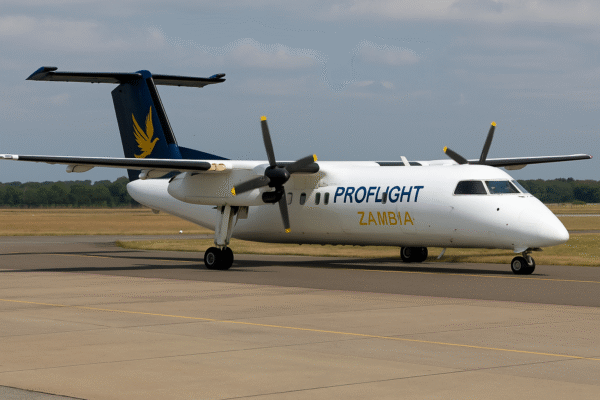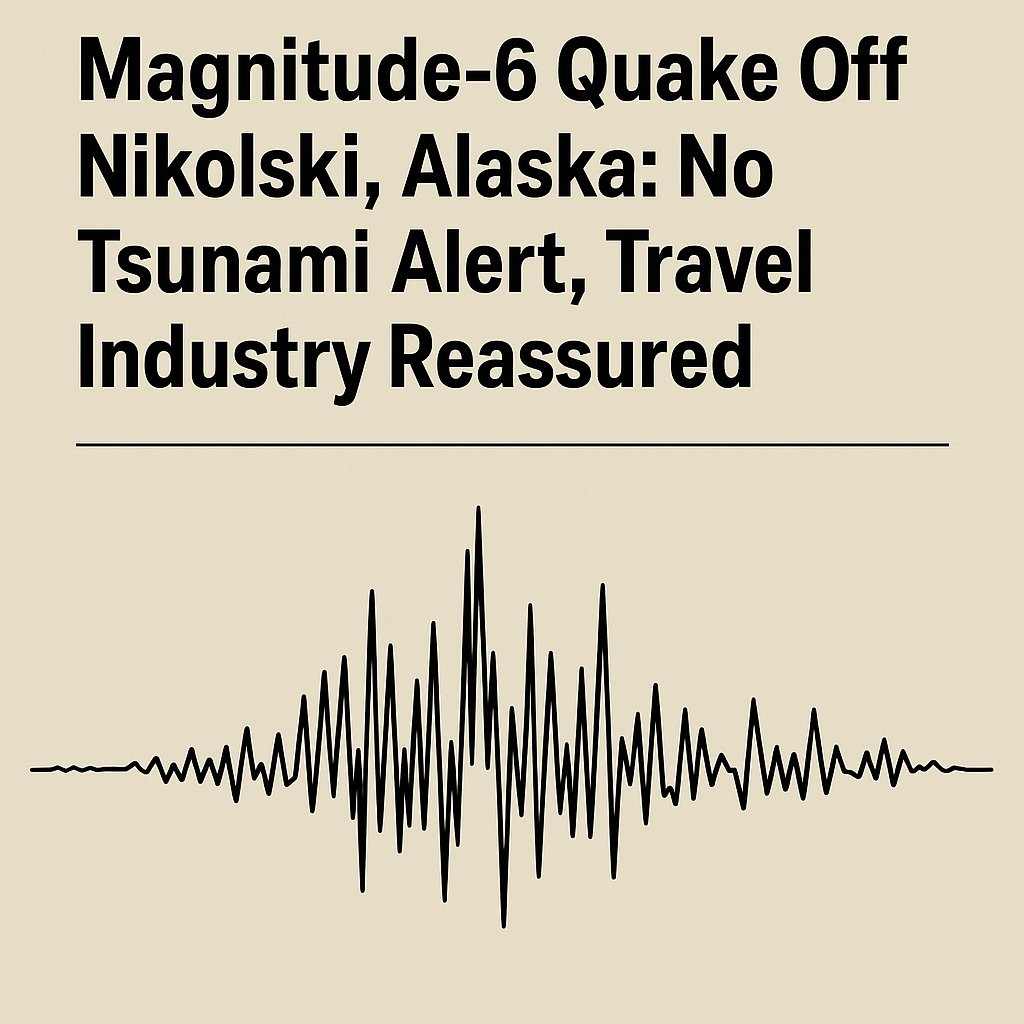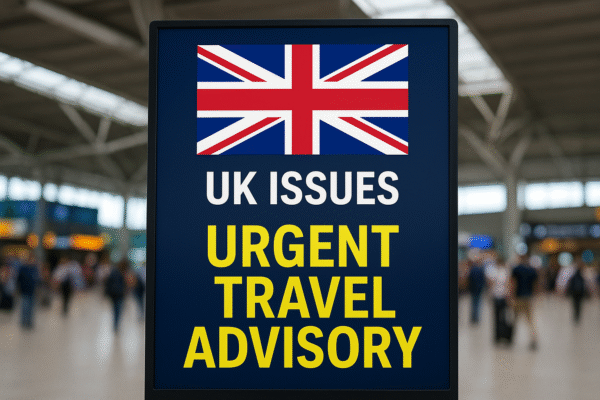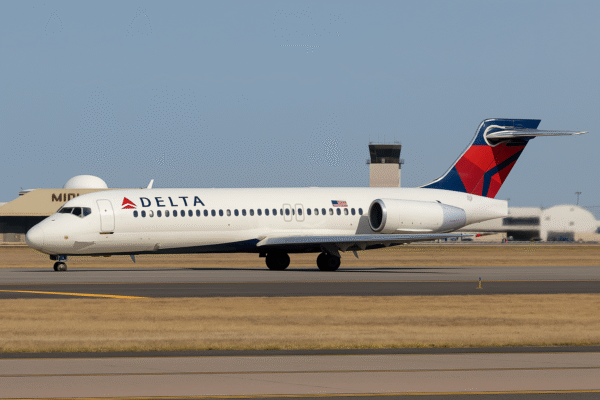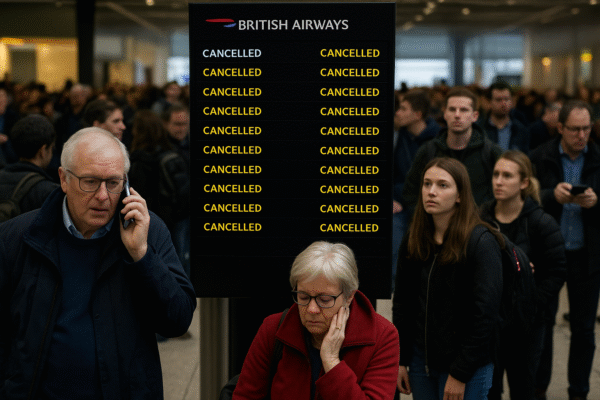Delta Airlines has officially announced a major schedule adjustment that will impact Texas travelers later this year. Beginning November 8, 2025, the carrier will suspend its Austin to Midland flights, a route it has operated for years. The decision, according to Delta, comes down to one factor: low passenger demand.
This move, while expected in an era of shifting airline strategies, has drawn attention from both business and leisure travelers who frequently fly between these two cities. Although the cancellation may bring challenges to some, alternative airlines, most notably Southwest Airlines, will continue offering non-stop flights, ensuring that Midland and Austin remain connected.
Why Delta is Cancelling the Austin–Midland Route
Delta Airlines, like other major carriers, routinely evaluates its flight network to determine which services bring in strong passenger traffic and profitability. The Austin–Midland connection, despite serving two important Texas hubs, has consistently underperformed compared to other regional routes.
The airline emphasized that resources will now be redirected toward high-demand markets such as Dallas, Houston, and Atlanta. This network optimization allows Delta to focus on maximizing efficiency while continuing to serve its core passenger base.
Key points:
- Cancellation date: November 8, 2025
- Reason: Persistent low demand on the Austin–Midland route
- Strategy: Redirect capacity toward more profitable markets
Impact on Midland and Austin Travelers
The suspension of the Austin–Midland route may cause inconvenience for regular Delta passengers, especially frequent flyers who rely on the airline for loyalty benefits. However, travel between the two cities will remain viable.
Southwest Airlines has confirmed that it will continue to operate non-stop flights between Midland and Austin. Additionally, Midland International Air & Space Port offers direct services to major Texas destinations, including Dallas, Houston, and San Antonio, along with select national hubs.
Councilwoman Robin Poole of Midland noted that despite Delta’s decision, the airport is on track to record another strong year of passenger numbers. She emphasized the city’s commitment to expanding services and infrastructure, ensuring Midland remains a key regional air hub.
Delta’s Broader Airline Strategy
The Austin–Midland cancellation is not an isolated event. In recent years, Delta Airlines has scaled back several routes across the U.S., including flights from Minneapolis, Salt Lake City, and Atlanta to certain smaller markets.
The airline industry has seen a wave of route changes and flight schedule adjustments, driven largely by fluctuating demand, economic pressures, and fuel costs. Carriers are increasingly prioritizing routes with stronger passenger loads to ensure efficient operations and profitability.
This broader industry trend reflects a balancing act: airlines must serve communities while managing operational costs. By pulling out of underperforming routes, carriers like Delta can invest more heavily in high-traffic destinations where flights operate at near-full capacity.
What Travelers Can Expect After November
For those flying between Austin and Midland, the primary alternative remains Southwest Airlines. Known for its reliable domestic network, Southwest provides frequent non-stop services that will fill the gap left by Delta.
Midland International Air & Space Port will continue to offer connections across Texas and beyond. Passengers can expect consistent service to major hubs, making onward domestic and international travel manageable even without Delta’s presence on the route.
Frequent Delta travelers may need to adjust their plans, possibly by connecting through Dallas or Houston if they prefer to remain loyal to the airline’s network. Still, most passengers are likely to find Southwest’s direct flights the most convenient replacement.
Airline Route Changes: A Growing Trend
Delta’s decision is part of a larger airline industry shift. Other major U.S. carriers, including American Airlines, United Airlines, and Alaska Airlines, have also revisited their networks in recent years.
- American Airlines has expanded service in high-demand regions, adding new routes to major hubs.
- United Airlines has reduced some international flights in response to global market fluctuations.
- Alaska Airlines has focused on strengthening West Coast connectivity while cutting back in lower-demand areas.
This ongoing reshaping of flight networks underscores the industry’s need for flexibility. Airlines that adapt quickly to passenger demand can maintain profitability and ensure consistent service in competitive markets.
The Bigger Picture for Texas Aviation
Although the loss of Delta’s Austin–Midland service is significant for some travelers, the overall outlook for aviation in Texas remains strong. Airports across the state continue to report growing passenger volumes, with Dallas–Fort Worth International and Austin–Bergstrom International Airport ranking among the busiest hubs in the nation.
Midland, while smaller, plays a crucial role in connecting West Texas to the rest of the country. Its ongoing development projects, including terminal upgrades and expanded flight offerings, will keep the airport competitive even without Delta’s contribution on the Austin route.
Key Takeaways
- Delta Airlines will cancel Austin–Midland flights starting November 8, 2025.
- Reason: Low passenger demand on the route.
- Alternative: Southwest Airlines will continue non-stop service.
- Midland Airport remains a vital regional hub with multiple flight connections.
- Industry trend: Airlines nationwide are reshaping networks to prioritize high-demand markets.
Final Thoughts
While Delta’s cancellation may disrupt plans for some travelers, the Austin–Midland corridor remains accessible thanks to continued service from other carriers. For business travelers, families, and tourists alike, Southwest’s presence ensures that air connectivity across Texas stays strong.
This latest airline schedule adjustment highlights the realities of modern aviation: routes must balance profitability with passenger needs. For now, travelers can be confident that Midland International Air & Space Port will remain a dependable hub, keeping West Texas connected to the rest of the state and beyond.
For more travel news like this, keep reading Global Travel Wire



